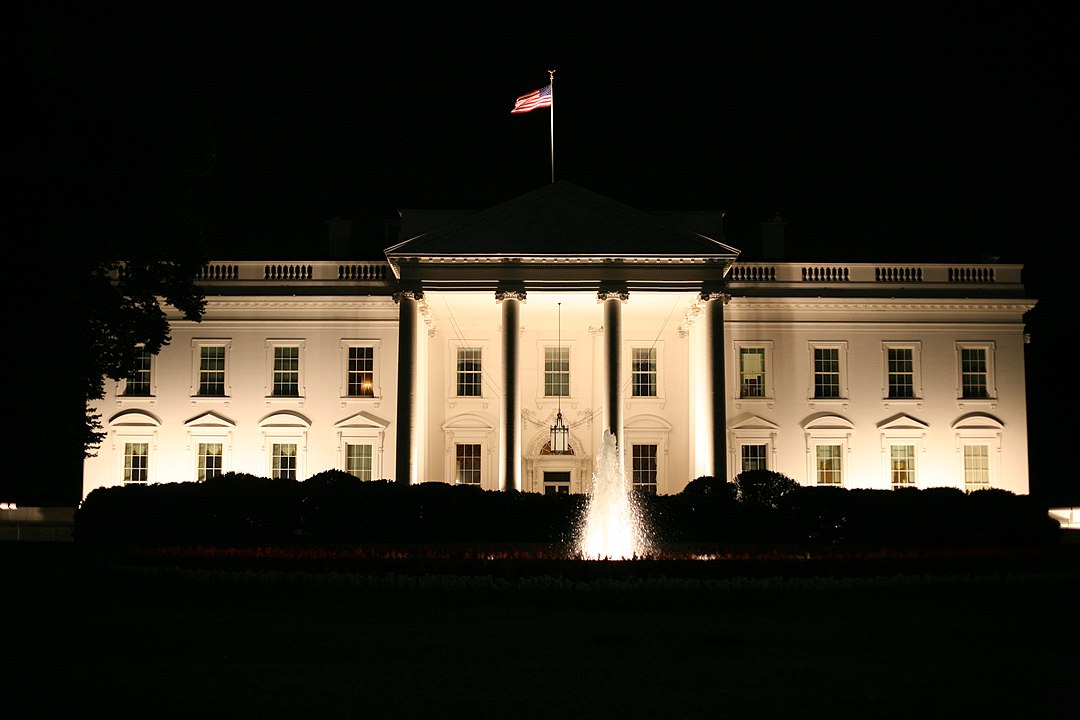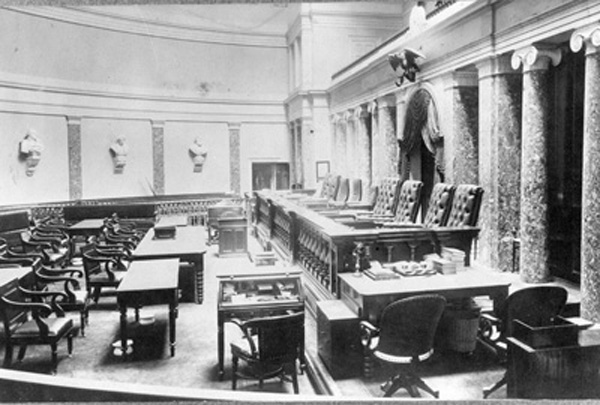Let us be blunt, because there is not much time to lose before midterm elections; Biden, now a year and a half into his term, has abysmal ratings. A Reuters/ Ipsos poll put Biden’s approval rating at 36% in June, just days before SCOTUS vacated Roe v Wade reverting abortion legalization to the states and before the most significant gun control act in 30 years passed in Congress. Seemingly detached from whatever happens in greater Washington D.C., Biden’s ratings just sink lower and lower. The core issue that potential US voters are actually worried about is the economy. A staggering 80% of people polled by the Wall Street Journal said the economy is “poor or not so good”. Whether that is truly Biden’s fault, whoever is sitting in the White House at a given time gets the blame or the glory. In answer to that same poll, respondents said they are not satisfied at all with their financial situation (33%), they have no chance to improve their standard of living this year (46%) and a strong 38% said their financial situation is worse now than in the past few years. Much of the media coverage of the 2022 mid-terms has centered around whether former President Donald Trump is still a kingmaker within the GOP. But, at least as important, and likely more so, is the frank conversation about who will run for the Democrats in 2024 and who has any chance of winning?









